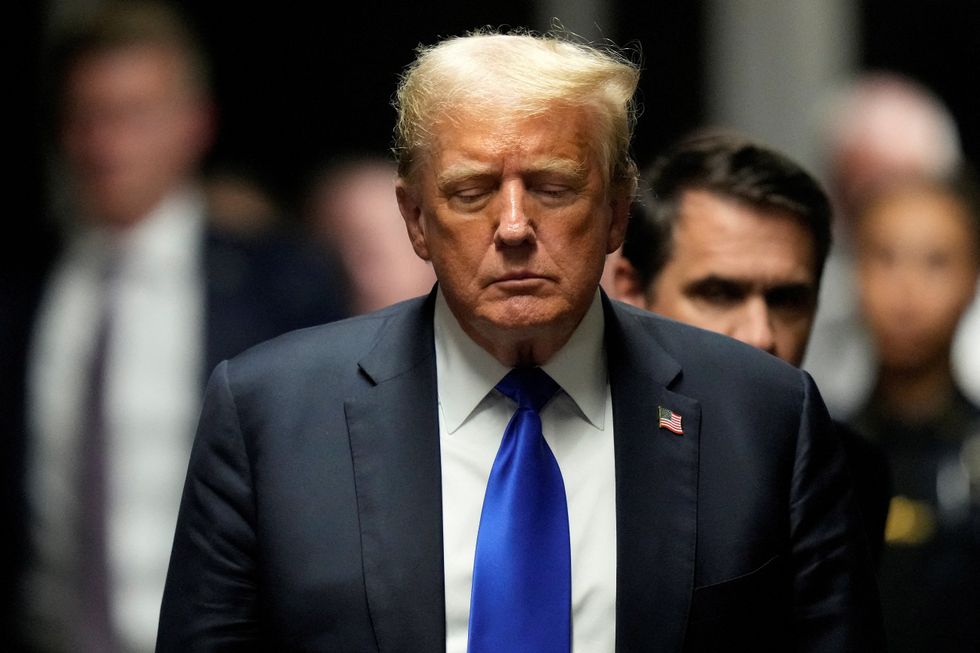The political narrative surrounding former President Donald Trump is shifting significantly as questions arise pertaining to the implications of the recently released Jeffrey Epstein memo by the Department of Justice. This development has prompted key figures within Trump’s circle, including Steve Bannon and Tucker Carlson, to reassess their support for him, indicating a potential fracture among his base.
In March 2024, the media spotlight intensified following the revelation that Pete Hegseth, the US Secretary of Defense, had unintentionally shared sensitive military plans through an unsecured messaging platform. Critics labeled this incident one of the most severe breaches of national security in American history, yet it received limited coverage due to Trump’s steadfast support from his followers. The prevailing sentiment among Trump’s base was that the incident was either inconsequential or a manufactured scandal aimed at tarnishing his image.
Changing Dynamics in Media Coverage
The release of the Epstein memo has dramatically altered the media landscape, with mainstream journalists beginning to challenge Trump’s narrative more aggressively. The memo not only exposed vulnerabilities within Trump’s base but also contradicted the conspiracy theories propagated by QAnon supporters. Jennifer Schulze, a seasoned journalist and publisher of the newsletter Indistinct Chatter, noted that as Trump continues to keep the Epstein story alive, journalists are presented with ongoing opportunities to question his administration.
As Media Matters reported, there is a noticeable divide in how various media outlets are handling the Epstein story. Notably, Fox News, often seen as Trump’s loyal media ally, has largely downplayed the Epstein narrative, mentioning it just eight times in a single week, compared to Joe Biden, who was mentioned 158 times. This discrepancy suggests a potential rebellion among the audience against the network’s typical alignment with Trump.
Implications for Trump’s Supporters
The Epstein case has highlighted the challenges faced by Trump and his supporters, including media personalities who have built their brands around conspiracy theories. Figures like Dan Bongino, who previously promised to uncover the truth behind the Epstein files, now find themselves at a crossroads as reality diverges from their narratives. Schulze remarked that the shifting dynamics within the MAGA media are noteworthy and could lead to significant changes in how Trump’s supporters respond to ongoing scandals.
Democratic leaders, including Senator Dick Durbin from Illinois, have seized upon the Epstein situation to frame their criticisms of Trump. Durbin’s assertion that Trump may either be lying or covering up the conspiracy resonates with voters seeking accountability. This strategy allows Democrats to capitalize on Trump’s missteps while drawing attention to the fractures within his base.
As the media continues to explore the implications of the Epstein case, the narrative surrounding Trump’s presidency is becoming increasingly complex. The ongoing coverage not only holds potential ramifications for Trump’s political future but also challenges the conventional boundaries of loyalty among his supporters. The Epstein story’s evolution serves as a critical lens through which to examine the current state of American politics, media, and the influence of conspiracy theories on public perception.
In a climate where the traditional rules of political scandals seem to be evolving, the ramifications of the Epstein memo may reshape the media’s approach to reporting on Trump. As Schulze noted, the media’s willingness to delve deeper into Trump’s actions could mark a turning point in the ongoing narrative, providing a platform for accountability that has previously been lacking.
The coming weeks will likely reveal whether this marks a genuine shift in the media’s relationship with Trump or if his supporters will continue to rally behind him despite the mounting controversies.
